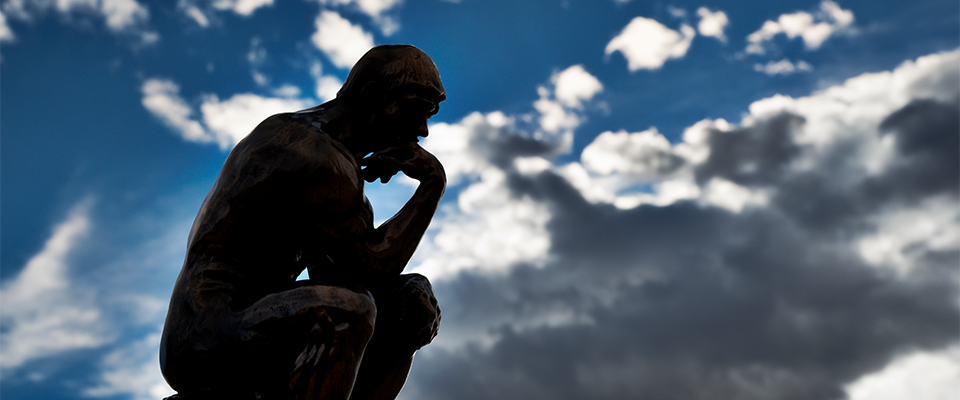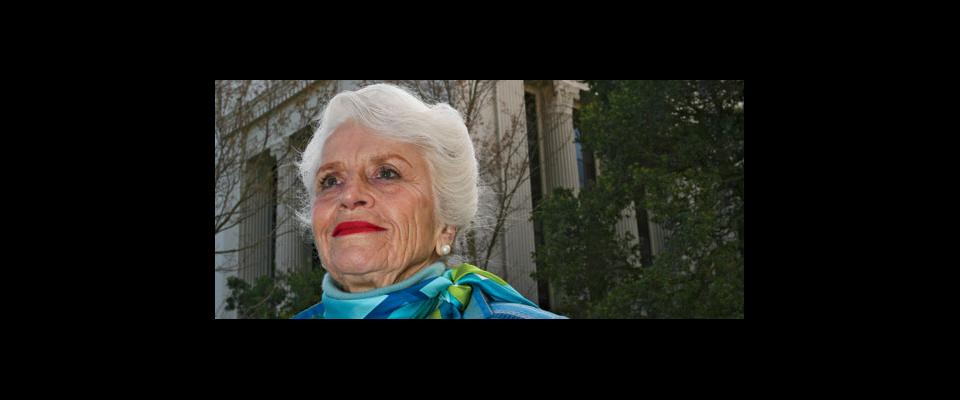Grappling with our longer leases on life
Albert Camus called suicide the only “really serious philosophical problem,” and Shakespeare apparently agreed. “To be or not to be”: wasn’t that the question?
Begging Albert and Hamlet’s forgiveness, the question isn’t what it used to be. After all, in Shakespeare’s pox-ridden London, the average life expectancy was around 30. Even as late as 1900, the world average life expectancy was only 32. Today, the figure is 72. The current pandemic will no doubt put a dent in the actuarial tables, but nothing like the influenza of 1918, which cut life expectancy in America by a full 12 years, from 51 to 39.
We can thank advancements like plumbing, pasteurization, antibiotics, vaccines, and even synthetic fertilizers for our longer leases on life. But with the blessing of extra days and years come some accursed questions: not just whether ’tis nobler to suffer the slings and arrows, etc., etc., but also, how much life is enough? When we feel our time has come, should we be extended the same courtesy afforded to most pets—namely, a comfortable passage into death, surrounded by loved ones—or should we be compelled to live to the bitter end, through incontinence and dementia and all the other outrageous fortunes that attend to old age?
Our cover story in this issue (see “Last Will”) eloquently argues for the former. The piece came to us unsolicited (“over the transom” as we say in the biz) from 83-year-old alumna Ruth Dixon-Mueller and nearly swamped the boat. The article so impressed us that we also did a podcast installment with her. (Listen to episode 11 of The Edge, “A Completed Life.”)
Ruth, whose own title for her piece was “Don’t Call it Suicide,” got her Ph.D. at Cal in 1970 and taught for many years at UC Davis before moving to Costa Rica to grow coffee and pineapples. Now, approaching the end of a long, full life, she is a proponent—for herself and those who share her way of thinking— of what is generally known as physician-assisted suicide but which advocates like Ruth prefer to call medical aid-in-dying.
As UCSF physician Lonny Shavelson, chair of the American Clinicians Academy on Medical Aid-in-Dying, stresses on the podcast, we shouldn’t let semantics cloud the issue. “Let me just clarify when we say medical aid-in-dying, I don’t like beating around the bush. So my language will be blunt. It’s taking medications to die. We want to know what we’re talking about.”
This may strike some readers as depressing, but Ruth feels quite differently. “To me, selecting a departure date rather than struggling with uncertainty until the medical battle is lost is an affirmation of my life, not a negation of it,” she writes. “Indeed, it relieves me of anxiety, knowing that I have a plan in place. Cheers me, even.”
No matter how one feels, there is difficult ethical terrain to traverse here, including a slippery slope or two. It’s something we asked Dr. Guy Micco of Berkeley’s Program for the Medical Humanities to discuss with us in the sidebar, which you can read here. Among other things, Micco warns: “Fear of severe disability and age-related illness is near-universal, including among physicians. … If the life of a person with a severe disability is thought not worth living, how easy might it be to push that person toward medical aid-in-dying? The same might be said regarding elders toward the end of their lives: ‘You’ve lived a good life. Why are you hanging on?’”
Rest assured, there’s more in the pages ahead than heavy questions about end-of-life decisions. In this issue, you’ll also find a profile on author Joe Di Prisco, the colorful Brooklyn boy-cum-Berkeley author behind the Joyce Carol Oates Prize (“Betting on Literature”), writer/Berkeley alum Andrew Leonard’s engaging essay about learning the truth of his “cautionary tale” uncle (“Finding Ken”), a piece about psychologist David Buss and the evolutionary origins of male sexual misbehavior (“Men Behaving Badly”), and a discussion with Asian studies pioneer Elaine Kim (“We the People”). All that, plus a newly launched student column contest (Student View) and an installment of our regular Spotlight roundup featuring “Bears in Space”—Cal alumni who have become astronauts, rocket scientists, and the like.
I hope you enjoy the issue. Even more importantly, I hope it makes you think—yes, even about death—then moves you to seize the day.
From the Summer 2021 issue of California.




















